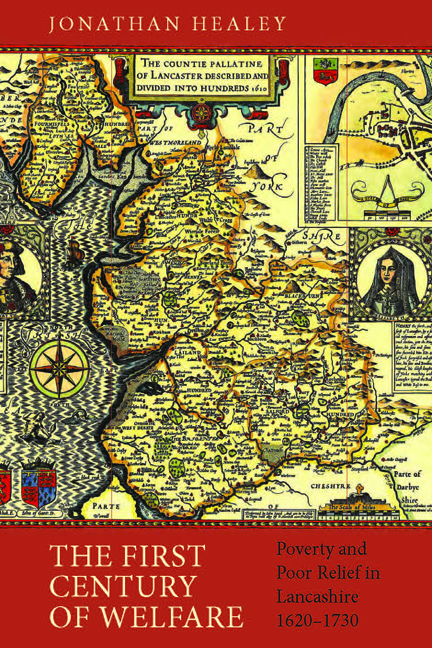Preface
Published online by Cambridge University Press: 05 November 2014
Summary
This is a book about poverty. It is a book about why some people in seventeenth and early-eighteenth-century England ended up so destitute that they called upon formal poor relief for support. It uses a uniquely fascinating archive – the collection of pauper petitions contained in the papers of the Lancashire magistracy – to try and understand what kinds of circumstances brought people so low.
Those who like their history heavily theorized will probably not like this book. I have generally tried to eschew grand narratives and all-encompassing theses and to let the documents speak for themselves. I use ‘documents’ here carefully, because whilst I do believe the petitions contain the echoes of the voices of the poor, these voices have only reached us through documents written – for the most part – by their wealthier neighbours. They are hybrid voices. But although the book is short on the grand narrative, it does have an underlying argument that the new system of social welfare created by the Tudors and fully implemented under the Stuarts provided an important function in early modern society. This function was to mitigate the hardships that came from the challenges and misfortunes of life in the underdeveloped society that was early modern England. Old age, sickness, family breakdown, poor harvests, fires and floods, all constituted terrifying ‘risks’, particularly in a society in which most people, most of the time, lived in small nuclear households.
- Type
- Chapter
- Information
- The First Century of WelfarePoverty and Poor Relief in Lancashire, 1620–1730, pp. xii - xvPublisher: Boydell & BrewerPrint publication year: 2014

